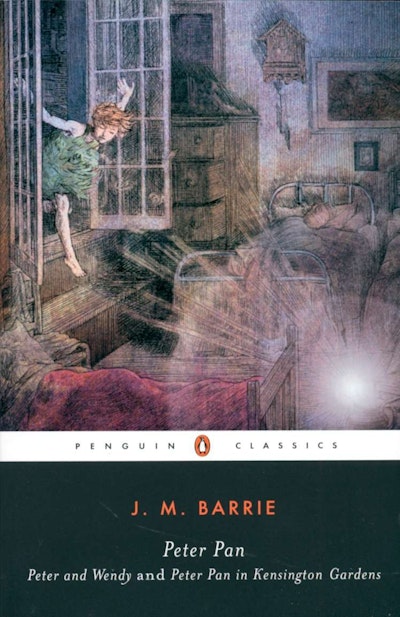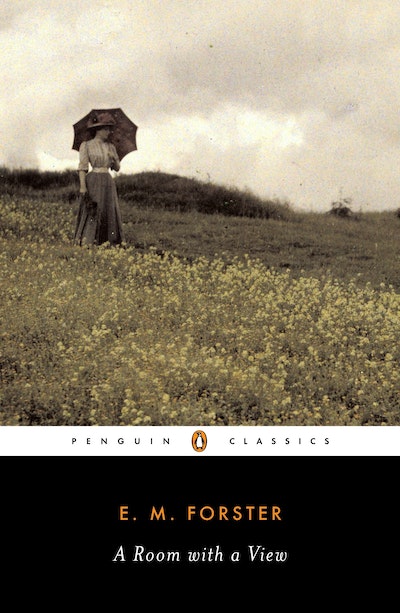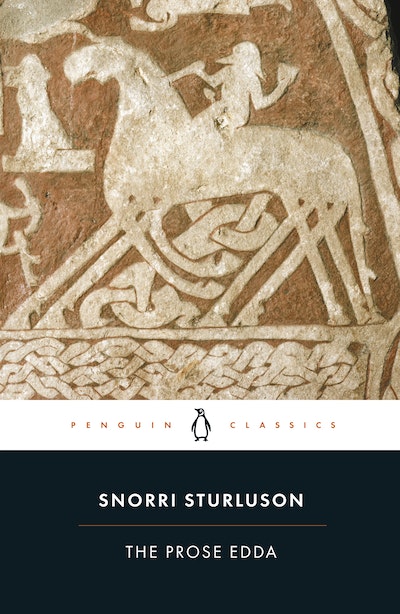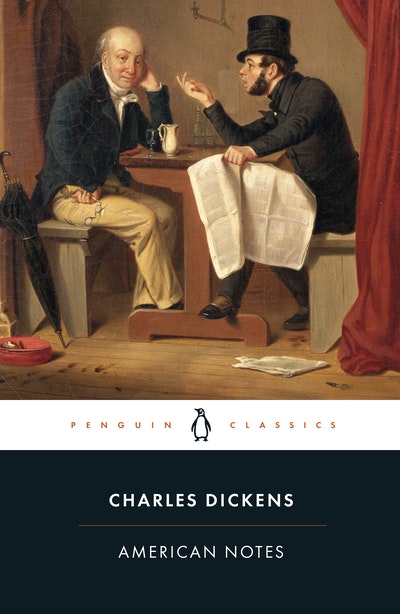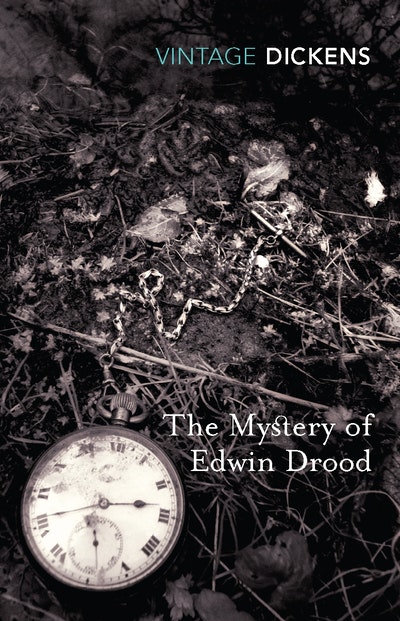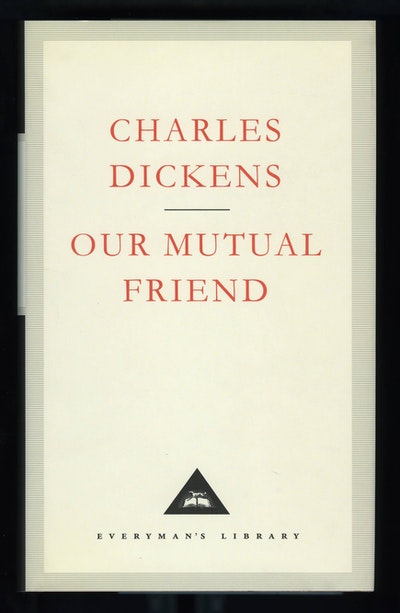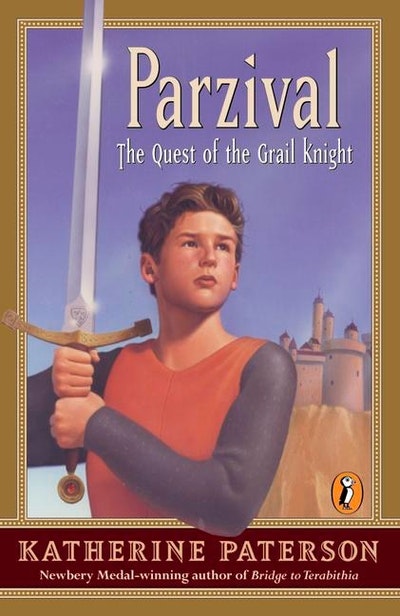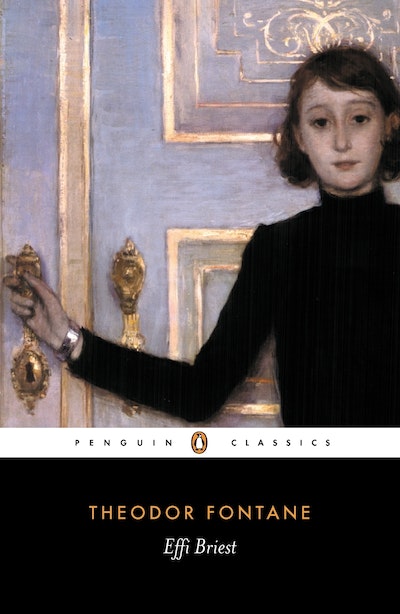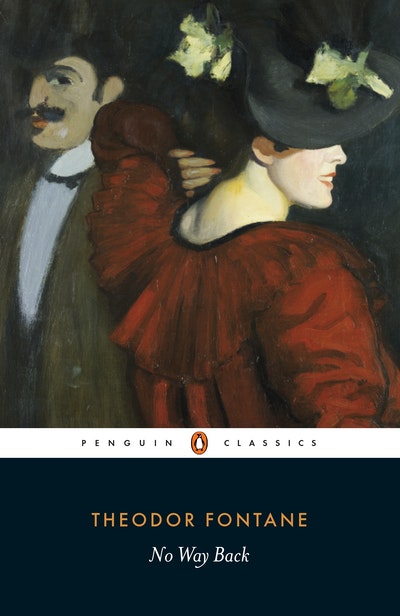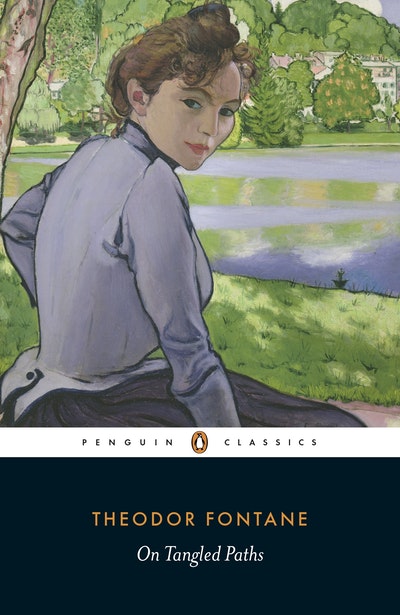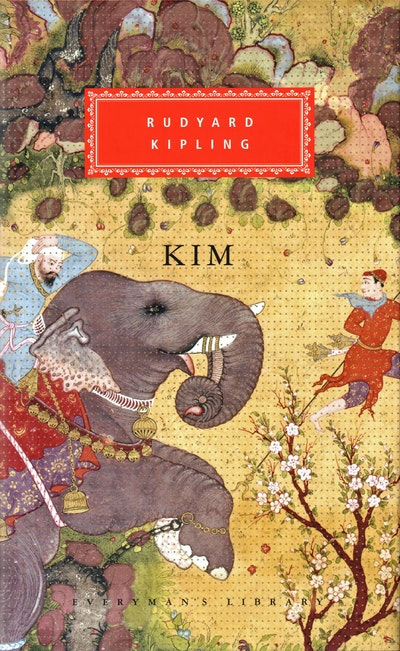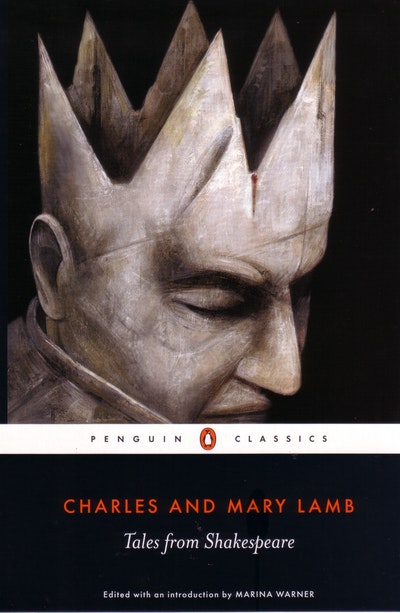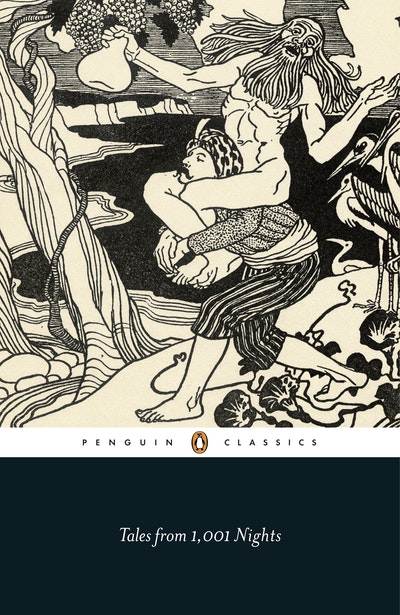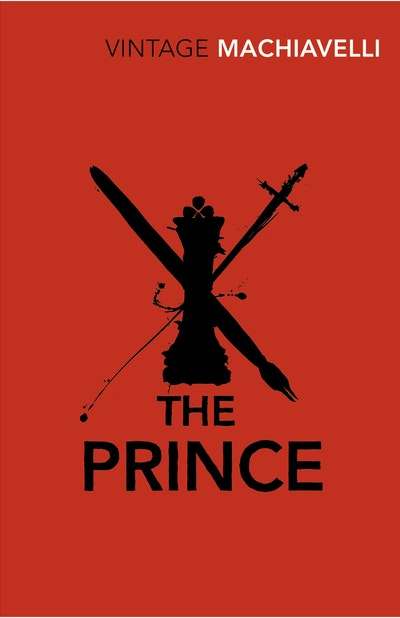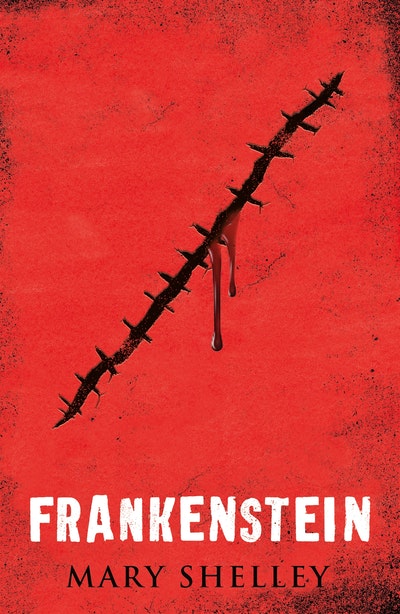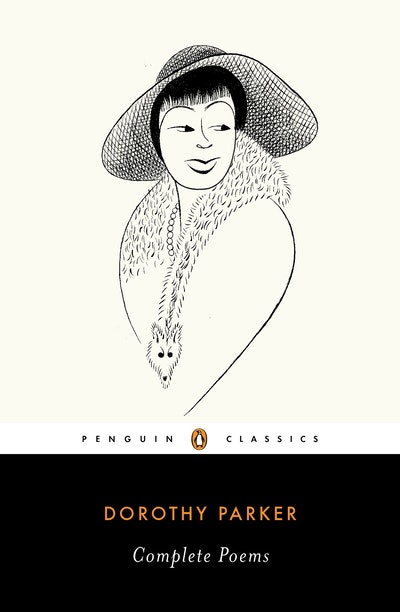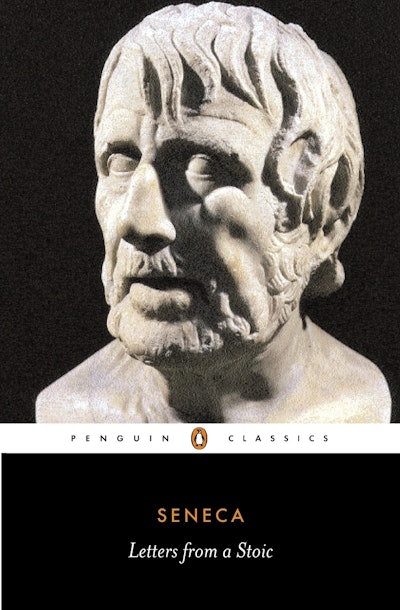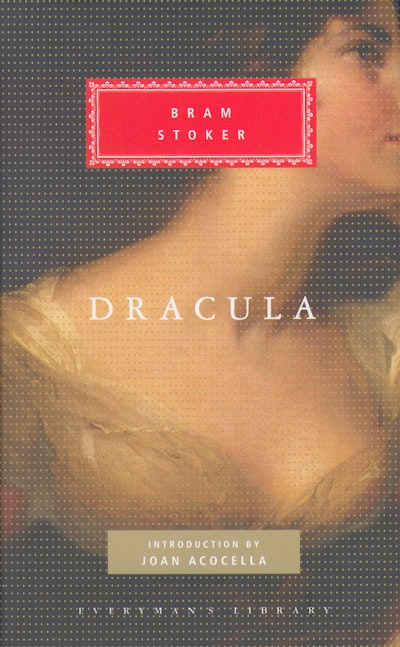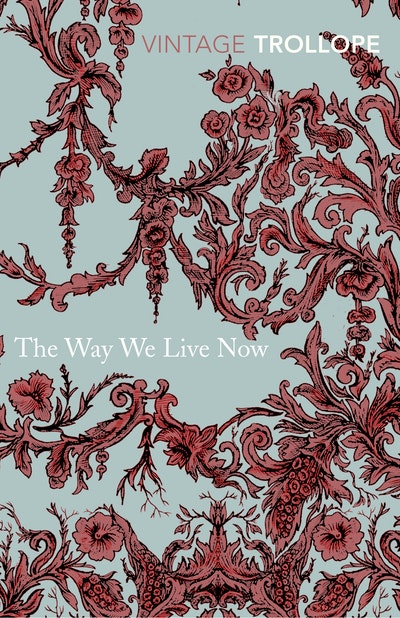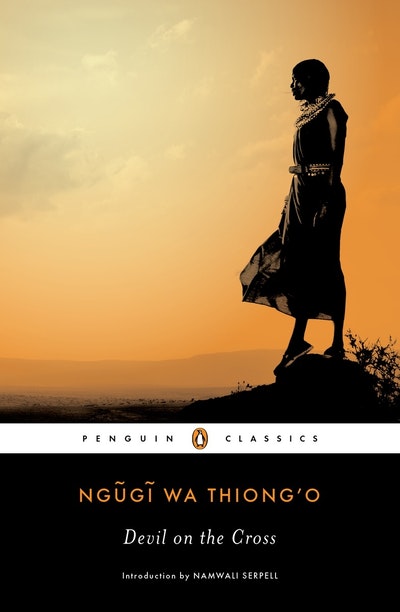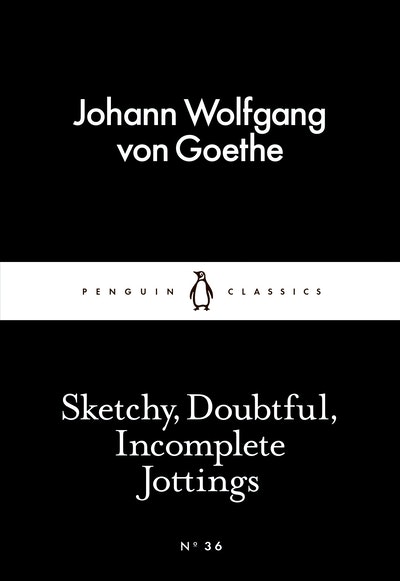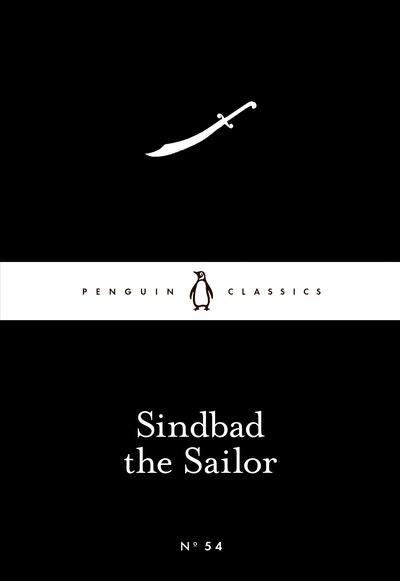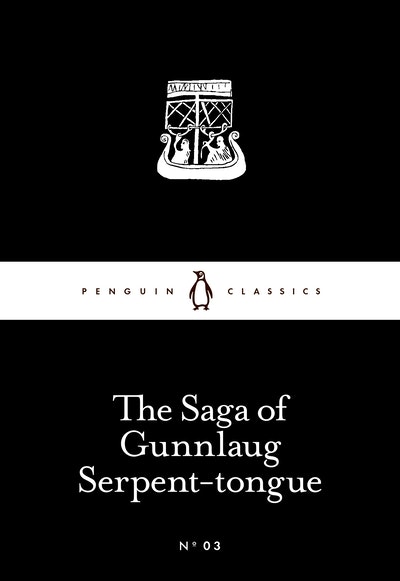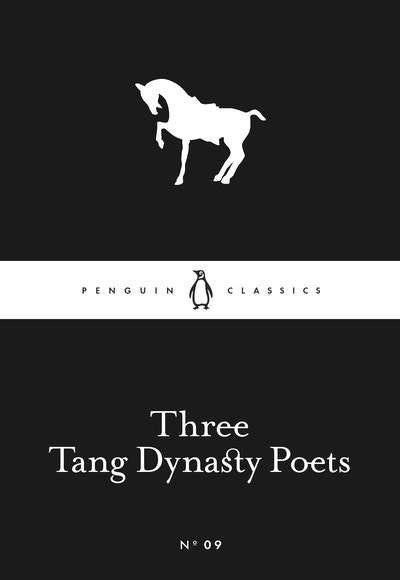- Published: 1 January 1983
- ISBN: 9780140442335
- Imprint: Penguin Classics
- Format: Paperback
- Pages: 512
- RRP: $29.99
Italian Journey 1786-1788
Goethe's famous account of his time and travels in Italy
In 1786, when he was already the acknowledged leader of the Sturm und Drang literary movement, Goethe set out on a journey to Italy to fulfil a personal and artistic quest and to find relief from his responsibilities and the agonies of unrequited love. As he travelled to Venice, Rome, Naples and Sicily he wrote many letters, which he later used as the basis for the Italian Journey. A journal full of fascinating observations on art and history, and the plants, landscape and the character of the local people he encountered, this is also a moving account of the psychological crisis from which Goethe emerged newly inspired to write the great works of his mature years.
- Published: 1 January 1983
- ISBN: 9780140442335
- Imprint: Penguin Classics
- Format: Paperback
- Pages: 512
- RRP: $29.99
Other books in the series
About the author
Johann Wolfgang von Goethe was born in Frankfurt-on-Main in 1749. He studied at Leipzig, where he showed interest in the occult, and at Strassburg, where Herder introduced him to Shakespeare's works and to folk poetry. He produced some essays and lyrical verse, and at twenty-two wrote Götz von Berlichingen, a play which brought him national fame and established him in the current Sturm und Drang movement. This was followed by the novel The Sorrows of Young Werther in 1774, which was an even greater success.
Goethe began work on Faust, and Egmont, another tragedy before being invited to join the government of Weimar. His interest in the classical world led him to leave suddenly for Italy in 1786 and the Italian Journey recounts his travels there. Iphigenia in Tauris andTorquato Tasso, classical dramas, were written at this time. Returning to Weimar, Goethe started the second part of Faust, encouraged by Schiller. In 1806 he married Christiane Vulpius. During this late period he finished his series of Wilhelm Master books and wrote many other works, including The Oriental Divan (1819). He also directed the State Theatre and worked on scientific theories in evolutionary botany, anatomy and color. Goethe completed Faust in 1832, just before he died.































































